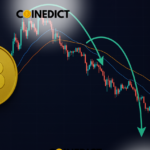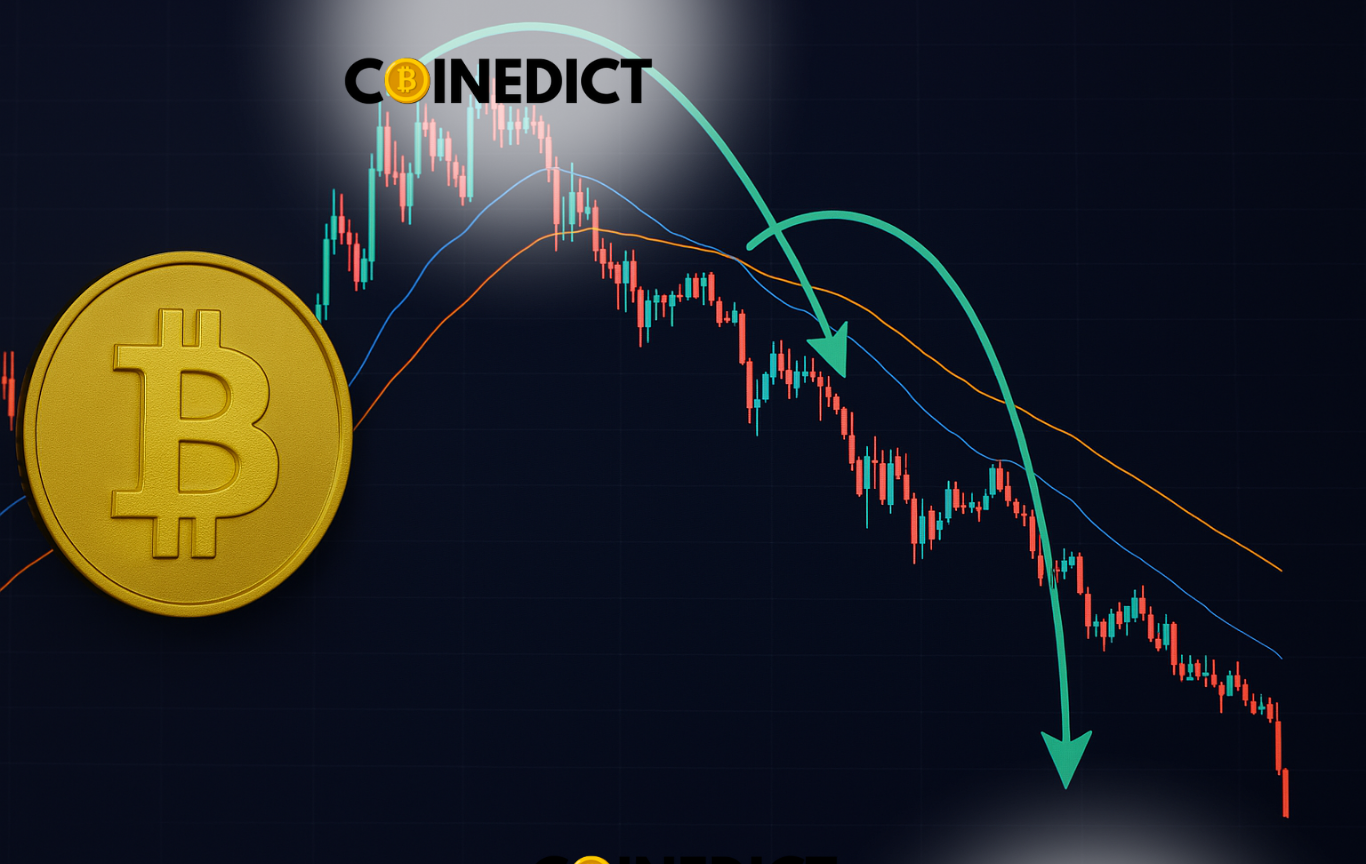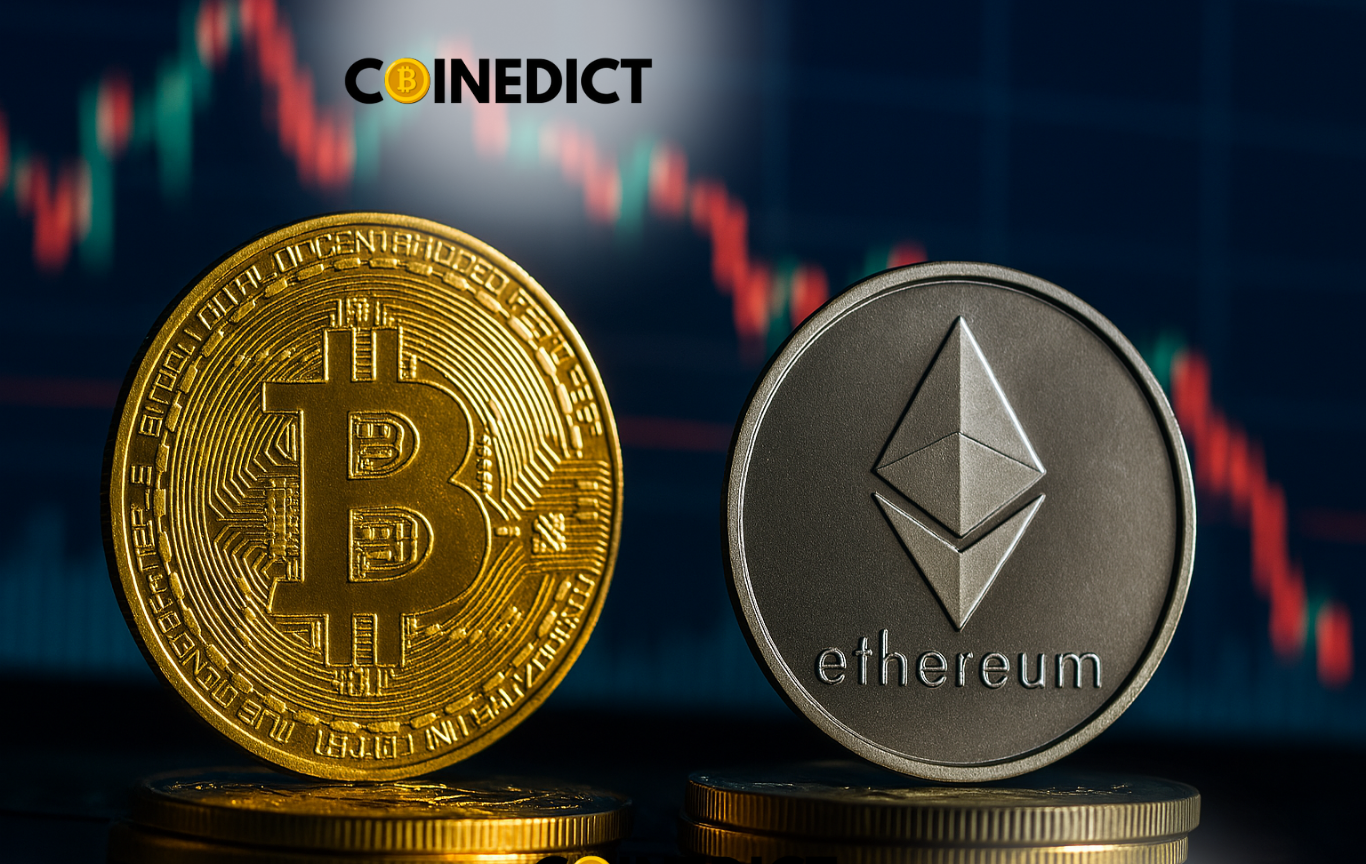As the United States gears up for its next presidential election, all eyes are on the major candidates and their odds of winning. But while pollsters and analysts offer traditional forecasts, a parallel world of decentralized prediction markets is experiencing a significant uptick in activity. In these markets, participants are betting on outcomes like former President Donald Trump’s chances of returning to the White House, and the numbers are being closely watched—not just by crypto enthusiasts but also by European Union (EU) activists concerned about the influence and accuracy of these platforms.
Decentralized Prediction Markets Explained
Prediction markets are platforms where users can bet on the outcomes of real-world events, such as political elections, sports games, or economic indicators. These markets have been around for years, but with the advent of blockchain technology, a new decentralized form has emerged. Decentralized prediction markets are powered by blockchain, allowing anyone to participate without intermediaries. Popular platforms like Augur, Polymarket, and Gnosis facilitate these markets, with users placing bets using cryptocurrencies.
What makes these platforms particularly compelling is their claim of unbiased forecasting. By aggregating the “wisdom of the crowd,” prediction markets can sometimes offer more accurate predictions than traditional polls. However, the extent of their reliability, especially in politically charged contexts like the U.S. presidential election, remains a subject of debate.
The Role of ‘Crypto Whales’ in Shaping Odds
One of the emerging concerns on these platforms is the significant influence wielded by large investors, often referred to as “crypto whales.” In the case of betting on former President Donald Trump’s political future, over 50% of ‘Yes’ shares are reportedly controlled by a small number of these high-stakes players. These whales have the ability to skew the odds, raising questions about how reflective the markets truly are of public sentiment.
The heavy concentration of shares in the hands of a few could potentially distort the prediction market’s outputs. Critics argue that if large investors are betting heavily in favor of or against a candidate, it could create a false perception of the likelihood of an outcome. This influence contradicts the idea of decentralized markets as purely crowd-driven platforms.
EU Activists Raise Concerns
The impact of decentralized prediction markets isn’t just a domestic issue in the United States. European Union (EU) activists are increasingly voicing their worries about the growing popularity and potential influence of these crypto-based platforms. They argue that prediction markets could inadvertently affect real-world events, especially if they are seen as accurate predictors of outcomes.
For example, if prediction markets heavily favor one candidate, media outlets or political operatives could use these figures to sway public opinion. This could lead to a self-fulfilling prophecy, where perception influences reality. EU activists are also concerned about the transparency of these markets and the ethical implications of using financial incentives to speculate on democratic processes.
Moreover, the EU has stricter regulations surrounding political betting and financial markets. The rise of decentralized platforms complicates these regulatory efforts, as they are borderless and difficult to control. Activists worry about how to ensure fair and transparent elections in an era where blockchain and cryptocurrency are increasingly mainstream.
Why People Are Betting on Trump
The focus on former President Donald Trump is no surprise. As a polarizing and highly influential figure in American politics, any election involving him attracts massive attention and speculation. Trump’s odds in prediction markets are closely watched because they can offer a glimpse into the public’s perception of his chances, especially in swing states or with key demographics.
With the upcoming election being a highly anticipated and potentially contentious event, it’s no wonder that decentralized prediction markets are seeing a surge in activity. Investors and political enthusiasts alike are pouring into these platforms, trying to capitalize on or hedge against the uncertainty surrounding Trump’s political future.
The Accuracy Debate: How Reliable Are Prediction Markets?
Prediction markets have a mixed track record. On one hand, they have correctly predicted the outcomes of several high-profile events, sometimes outperforming traditional polls. The rationale is simple: People who bet on outcomes are likely putting their money where their mouth is, creating a financial incentive to get it right.
However, the accuracy of these markets is not guaranteed. As we saw in the 2016 and 2020 U.S. presidential elections, both traditional and prediction market forecasts can miss the mark. Factors such as voter turnout, last-minute shifts in public opinion, and unforeseen events can all disrupt predictions.
The influence of crypto whales further complicates the reliability of these markets. When a few large investors can move the odds significantly, the wisdom of the crowd becomes less democratic and more susceptible to manipulation. This reality undermines the premise that decentralized platforms provide a purely market-driven forecast.
Implications for the Future of Political Betting and Blockchain
The intersection of politics and blockchain technology is a complex and evolving space. Decentralized prediction markets have the potential to democratize financial speculation and offer new insights into electoral outcomes. But they also pose risks related to transparency, influence, and regulatory compliance.
As we approach the U.S. presidential election, the world will be watching to see how these markets perform and what impact they may have on public perception. If decentralized prediction markets continue to gain traction, we may see increased scrutiny from regulators and activists alike, especially if there are concerns about market manipulation or unethical practices.
The case of former President Donald Trump’s ‘Yes’ shares being dominated by crypto whales serves as a cautionary tale. It highlights the need for more oversight and understanding of how decentralized markets operate, particularly when dealing with high-stakes events like presidential elections.
Conclusion
With just days left before the U.S. presidential election, decentralized prediction markets are heating up, with former President Donald Trump at the center of much of the speculation. While these platforms offer a unique way to gauge public sentiment, the influence of crypto whales and the concerns of EU activists reveal the complexities and potential pitfalls of relying on blockchain-based markets for political forecasting.
As technology continues to evolve, the debate over the role and impact of decentralized markets in democratic processes is likely to intensify. For now, both supporters and critics will be closely monitoring these platforms to see how they measure up when the election results are finally in.











